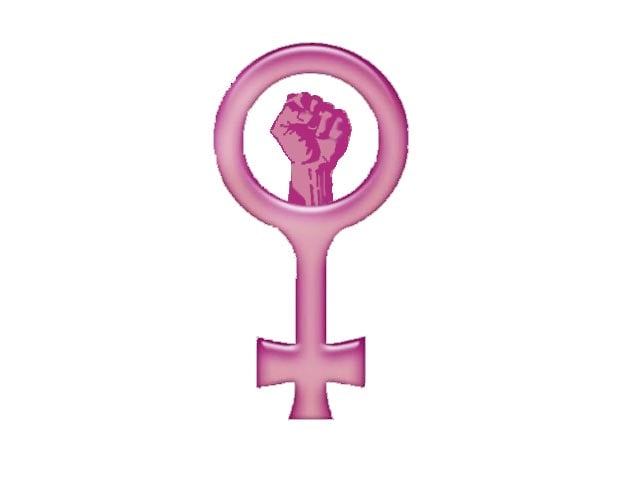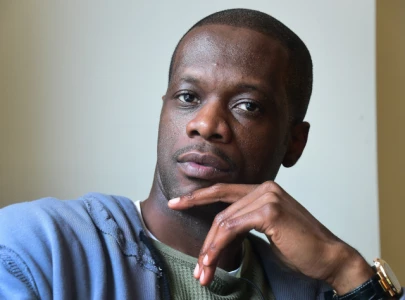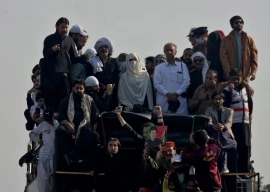
There is still a long way to go before women will have the opportunity to be vibrant participants in the political life of Khyber-Pakhtunkhwa (K-P). As it stands, only three parties have fielded female candidates for general seats.
Women make up roughly half the population of the country, but in most cases are still dependent on their male counterparts to be selected for political bodies and assemblies through seats reserved for them.
Seven women are going to fight for general seats in the National Assembly (NA) from K-P – of these, five are independent candidates. Only one will stand from the Federally Administered Tribal Areas (Fata) of the 12 seats allocated to tribal areas.
Two political parties have given general tickets to women for the NA – Pakistan Peoples Party (PPP) and Qaumi Watan Party to Shazia Aurangzeb and Najma Zeb, respectively.
The five remaining candidates are Khurshid Begum from NA-14 Kohat, Aneela Shaheen from NA-4 Peshawar, Asma Mehmood NA-32 Chitral, Nusrat Begum NA-34 Lower Dir and Badam Zari from NA-44 Bajaur Agency.
Similarly, only one political party has fielded a female candidate for the 99 general seats in the K-P Assembly. The Pakistan Muslim League-Nawaz (PML-N) gave a ticket to Syeda Nasira Batool from PK-68 DI Khan.
The three other candidates-Asma Mehmood, Dilroba Yusufzai and Guldana Bibi from PK-89 Chitral, PK-15 Nowshera and PK-69 Tank- are vying for the elections on general seats as independent candidates.
This sparse showing of women from ‘mainstream’ political parties blows a hole in their claims of aspiring towards a vibrant democracy.
Blue Veins Programme Coordinator Qamar Naseem finds these parties are doing a disservice to themselves. “Women have weak representation in political parties and that’s a disadvantage for these parties.” Just in time for the polls, the organisation recently released ‘Women’s Manifesto 2013’, a result of consultations and focus groups with women and students in K-P and Fata.
The “women vote bank is very tiny. If it somehow it increases up to 40 percent, it will help attract, rather, force political parties to increase female representation in their respective parties,” said Naseem.
“Even in the ECP, the presence of women is negligible.”
For Fareeda Iqbal, the time for female voters to make their voice heard is now. As Pakistan gears up for 2013 elections, political parties should know the female vote is equally powerful. Women should claim their position and refuse to be kept at the sidelines, said Iqbal, also from the same NGO.
Efforts should be made to raise the female quota in parliament and senate to 50%, suggests Asma Riaz, another Blue Veins member. The government should ensure women are not barred from voting and results of those polling stations where women are unable to vote should be cancelled, according to Riaz.
Published in The Express Tribune, April 12th, 2013.

















COMMENTS
Comments are moderated and generally will be posted if they are on-topic and not abusive.
For more information, please see our Comments FAQ